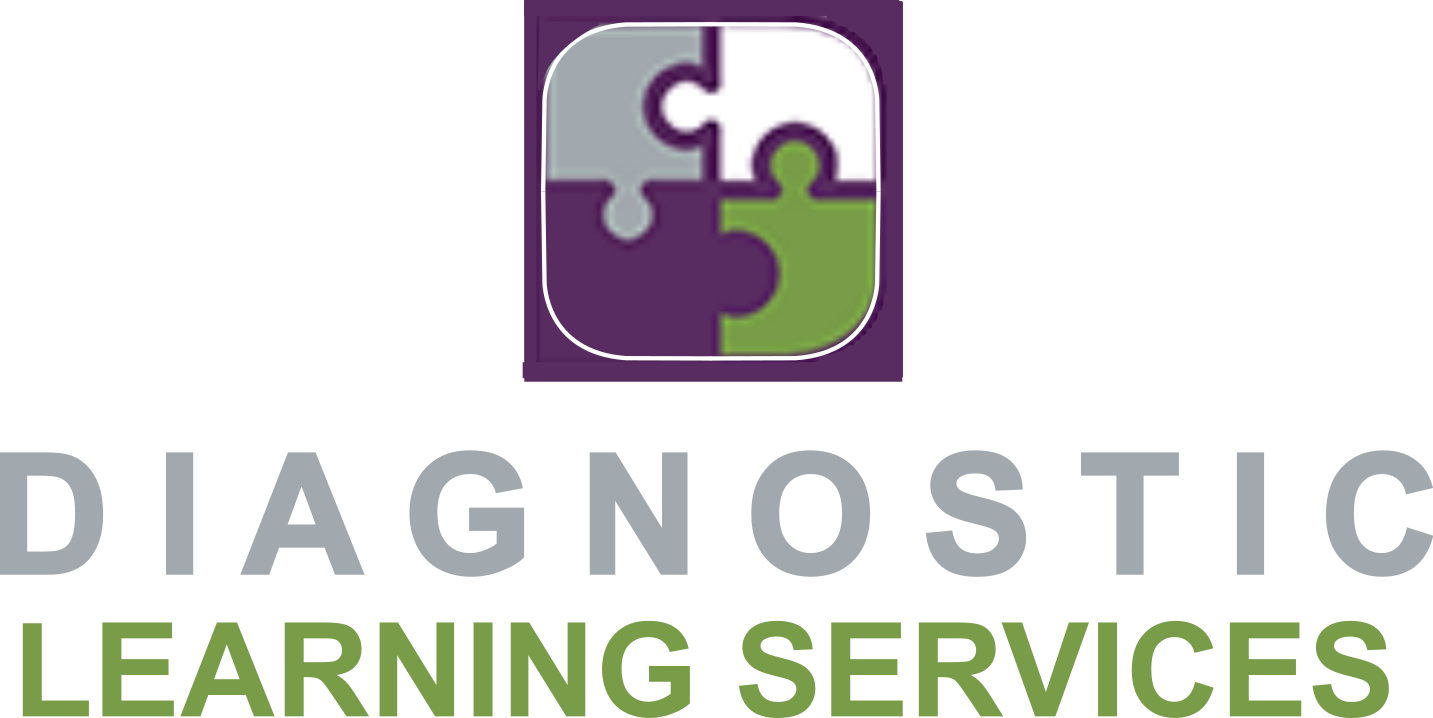Mastering College: 7 Tips and Strategies for Effective Study
Navigating college life can be challenging, especially when faced with a myriad of assignments, projects, and exams. In this blog post, we'll explore seven practical tips and strategies to help you study well in college and manage your academic responsibilities effectively.
Prioritize Your Tasks: The first step to successful college studying is to prioritize your tasks. Ask yourself which assignments are the most important and urgent, and then rank them accordingly. By focusing on what needs to be done first, you can streamline your efforts and avoid feeling overwhelmed.
Break Down Large Projects: Large projects can be intimidating, but breaking them down into smaller, more manageable tasks can make a significant difference. This approach allows you to track your progress and prevents procrastination, ensuring you stay on track towards your goals.
Set Realistic Goals and Deadlines: Motivation is crucial for academic success. Set realistic goals and deadlines for yourself, considering the time and effort required for each task. This will help you stay motivated and ensure you allocate your time effectively.
Implement a Task Management System: A task management system, whether digital or analog, can be a game-changer. Stay organized by listing your tasks, deadlines, and priorities. Regularly review your tasks to make sure you are on track and adjust your plan as needed.
Prioritize Self-Care and Time Management: Effective time management involves more than just studying. Prioritize self-care by scheduling regular breaks, incorporating exercise into your routine, and allowing time for social activities. Maintaining a healthy balance between work and play is essential for long-term success.
Learn to Say No: College life often presents numerous opportunities for extracurricular activities, part-time jobs, and social events. While these are valuable experiences, it's crucial to know your limits. Learn to say no when necessary to prevent overcommitting and jeopardizing your academic performance.
Regularly Reassess Your Priorities: As the semester progresses, it's essential to reassess your priorities. Ensure you are making progress towards your academic goals and identify areas where you may need additional support or resources. Flexibility is key to adapting your study strategies based on your evolving needs.
Successfully navigating the challenges of college requires a strategic approach to studying. By prioritizing tasks, breaking down projects, setting realistic goals, implementing a task management system, prioritizing self-care, learning to say no, and regularly reassessing priorities, you can effectively manage your time and achieve your academic goals. Incorporate these strategies into your college routine, and watch as your study habits transform for the better.
